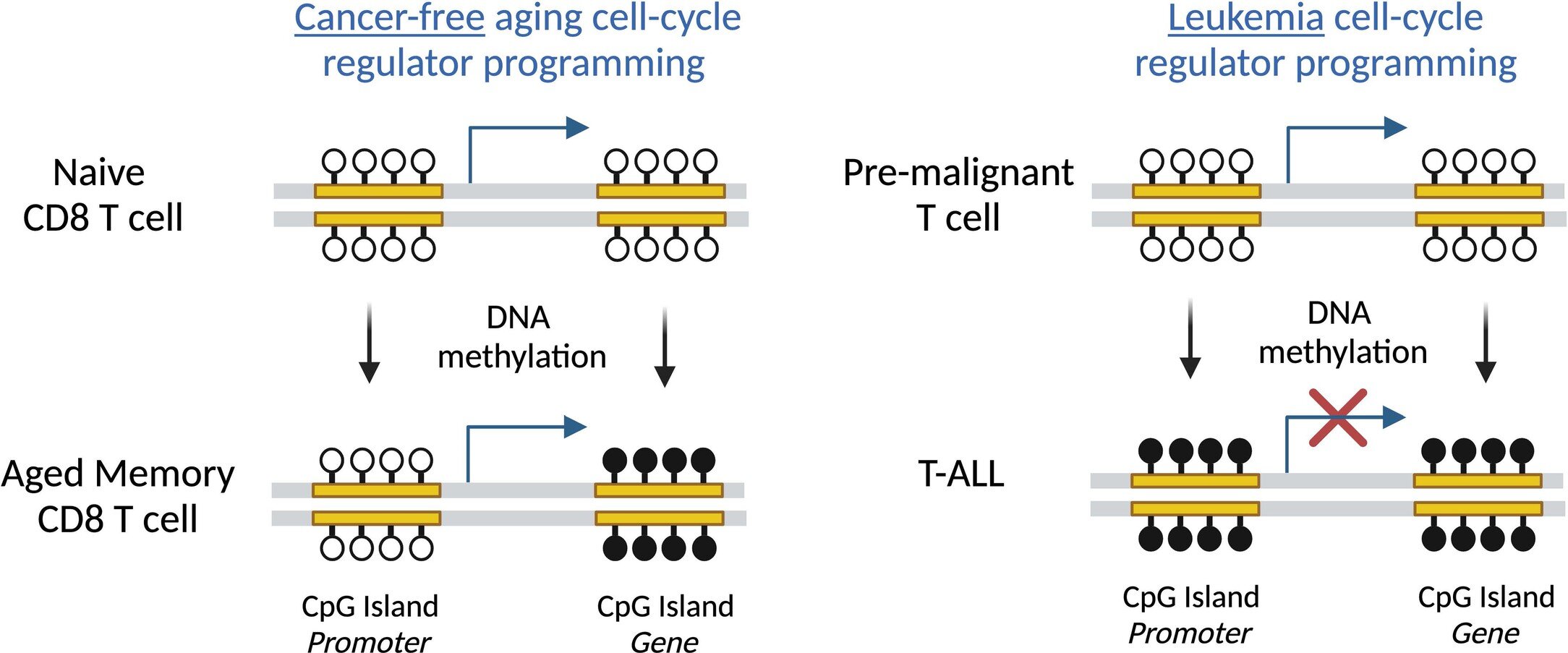Research on C. elegans shows that the mRNA balance in cells influences lifespan
Composite image of fluorescently labeled nuclei in each cell of five different C. elegans, captured in the Advanced Light Microscopy Unit at the CRG. Credit: Jeremy Vicencio, Nadia Halidi/Centro de Regulación Genómica Why do some people live longer than others? The genes in our DNA sequence are important and help prevent disease or maintain general … Read more



